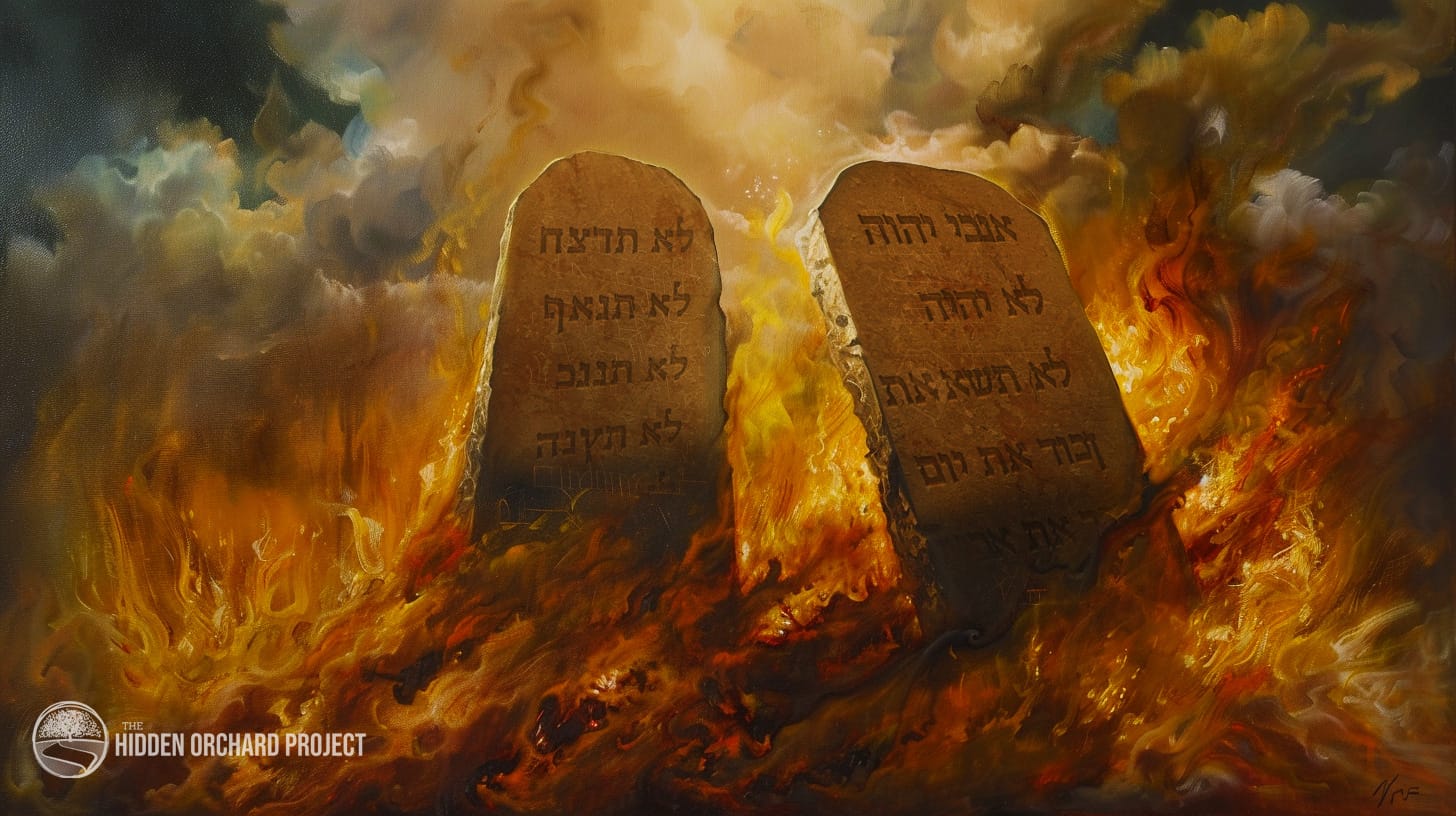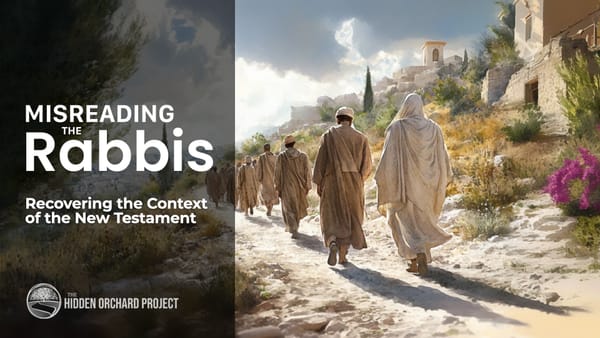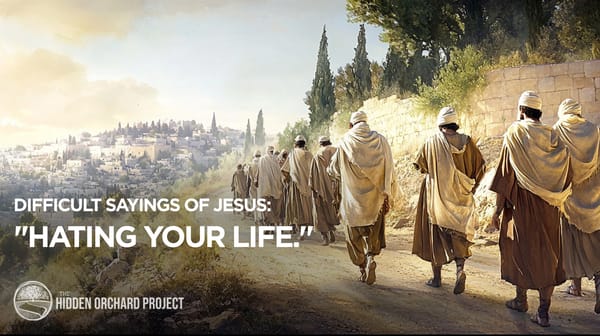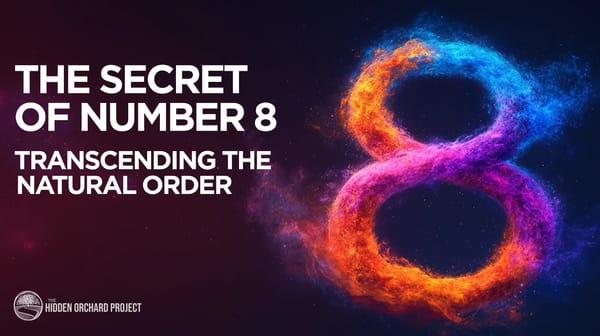Spotlight: Nicodemus
In this series, we'll explore the tradition behind key figures in the Jewish tradition that also appear in the Apostolic literature. In this focus, we'll look at the tradition on Nicodemus, known in Hebrew as Nakdimon ben Gurion.
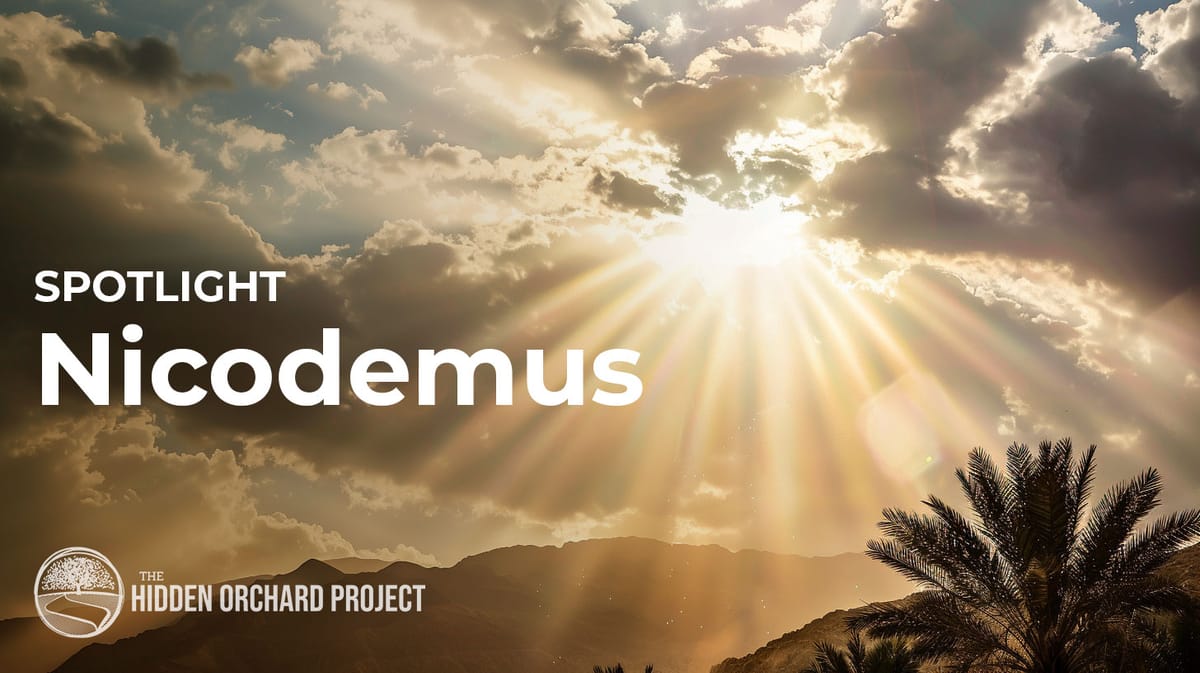
Famous for his late-night discussion with Jesus, Nicodemus has become a famous figure in Christendom. A Torah scholar, Pharisee¹, a Galilean, and a supposed member of the Sanhedrin (John 3:1), Nicodemus is only mentioned in John's Gospel, and is portrayed to have had respect for Jesus and his teachings.
In Jewish tradition, Nicodemus is known by the name Hebrew name, Nakdimon ben Gurion - and how he got this name is an interesting footnote in Jewish tradition.
Even more interesting is that this is the name by which the world has come to know this Sage. In this work, we'll look at what it means and the story behind it.
Nakdimon Ben Gurion
Mentioned a few times in the Talmud, Nakdimon is often regarded as a wealthy and influential leader who lived in Jerusalem in the mid to late 1st century CE. Stories of his charity and philanthropy tell of the many times he provided for the poor in the community.
He was said to have funded various public works projects, including the construction of bridges and the maintenance of roads. He also provided financial assistance to scholars and supported the Temple in Jerusalem.
Particularly during the destruction of the Second Temple, Nakdimon spent much of his money to help alleviate the suffering of the Jewish people in Jerusalem, providing critical resources during the time of the Roman siege².
Nakdimon's Miracle
In a few places, the Talmud tells us that his original name was "Buni", but was popularly called Nakdimon, relating to a miracle provided on his behalf³.
Nakdimon ben Gurion was so called because the sun once miraculously pierced' (nakdah) the clouds
on his behalf."
We're also told that this miracle was only granted to two others, Moses and Joshua⁴.
Similar to stories in the New Testament, the Talmud, and Midrash - it is through dedication to seeking the Creator, and continued obedience to the Torah's commandments,⁶ that one may be provided for in such a miraculous way.
The story goes⁵:
It once happened that all of Israel went up to Jerusalem for a festival, but due to a drought, there was not enough water for them to drink.
Nakdimon went to a Roman nobleman and asked to borrow twelve wells of water, promising that if the wells would not be refilled by a certain date, he would pay him a specified enormous sum of money.
When the day arrived and the wells were still empty, Nakdimon prayed to Hashem and a massive downpour late in the day filled them to overflowing. The Roman argued, however, that he was still owed the money because the sun had set before the wells were full.
Nakdimon again beseeched Hashem, at which point, even though by then the hour of sunset had actually passed, the clouds dispersed and the sun shone, demonstrating that the day had not yet ended and Nakdimon had repaid the water on time.
Want to Learn More?
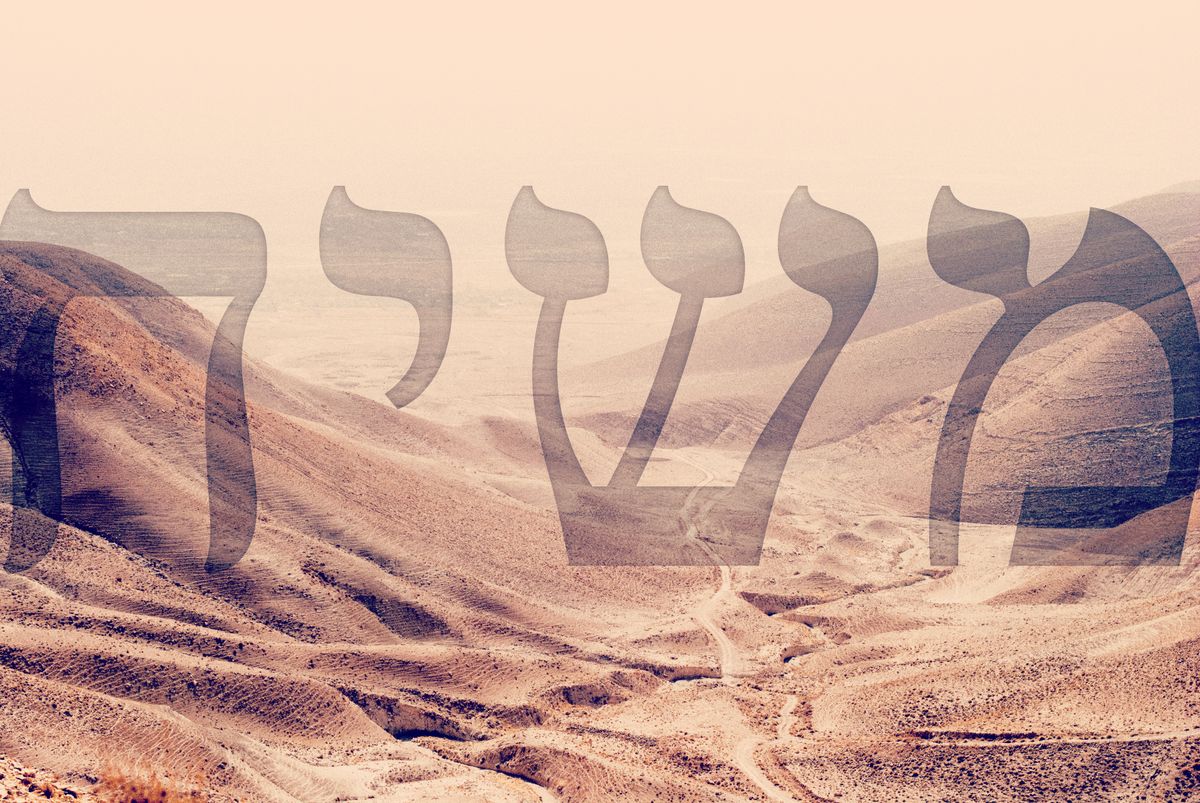


Notes:
² Gittin 56a
³ Ein Yaakov Gittin 18; Ta'anit 20a4
⁴ Taanit 20a:5
⁵ For a longer version of the story, click here
⁶ Mitzvot and Misunderstandings - Understanding the Biblical Commandments


